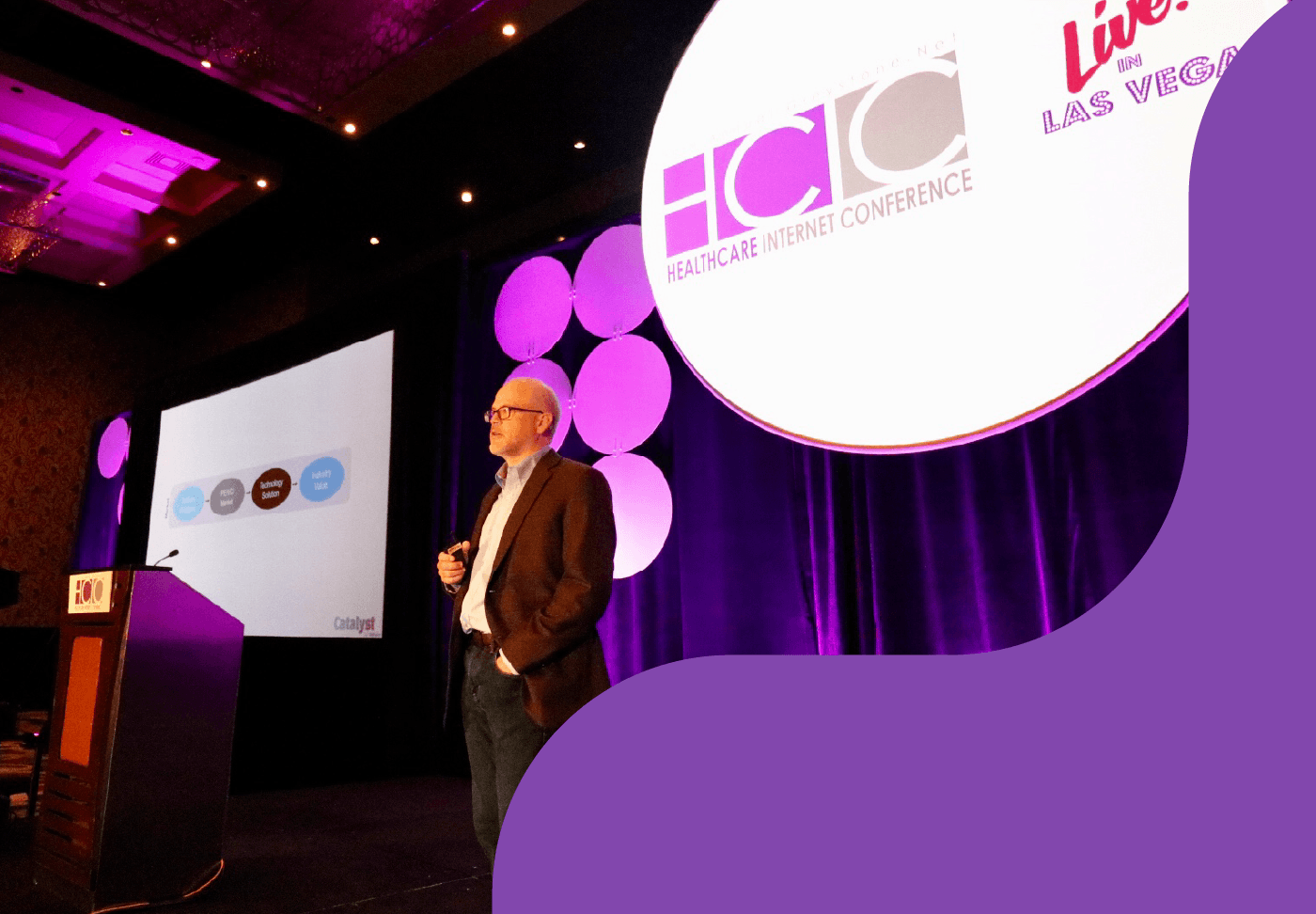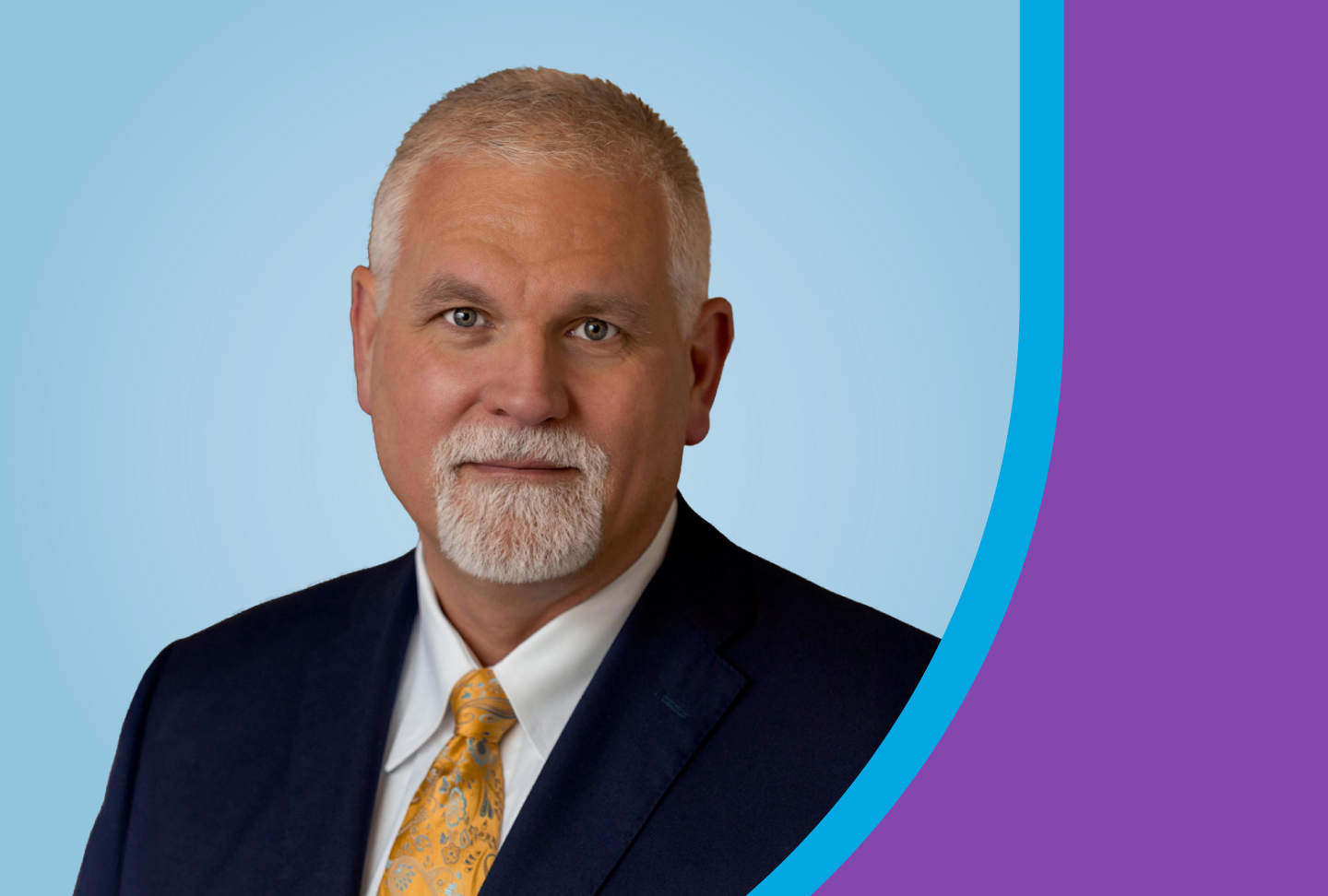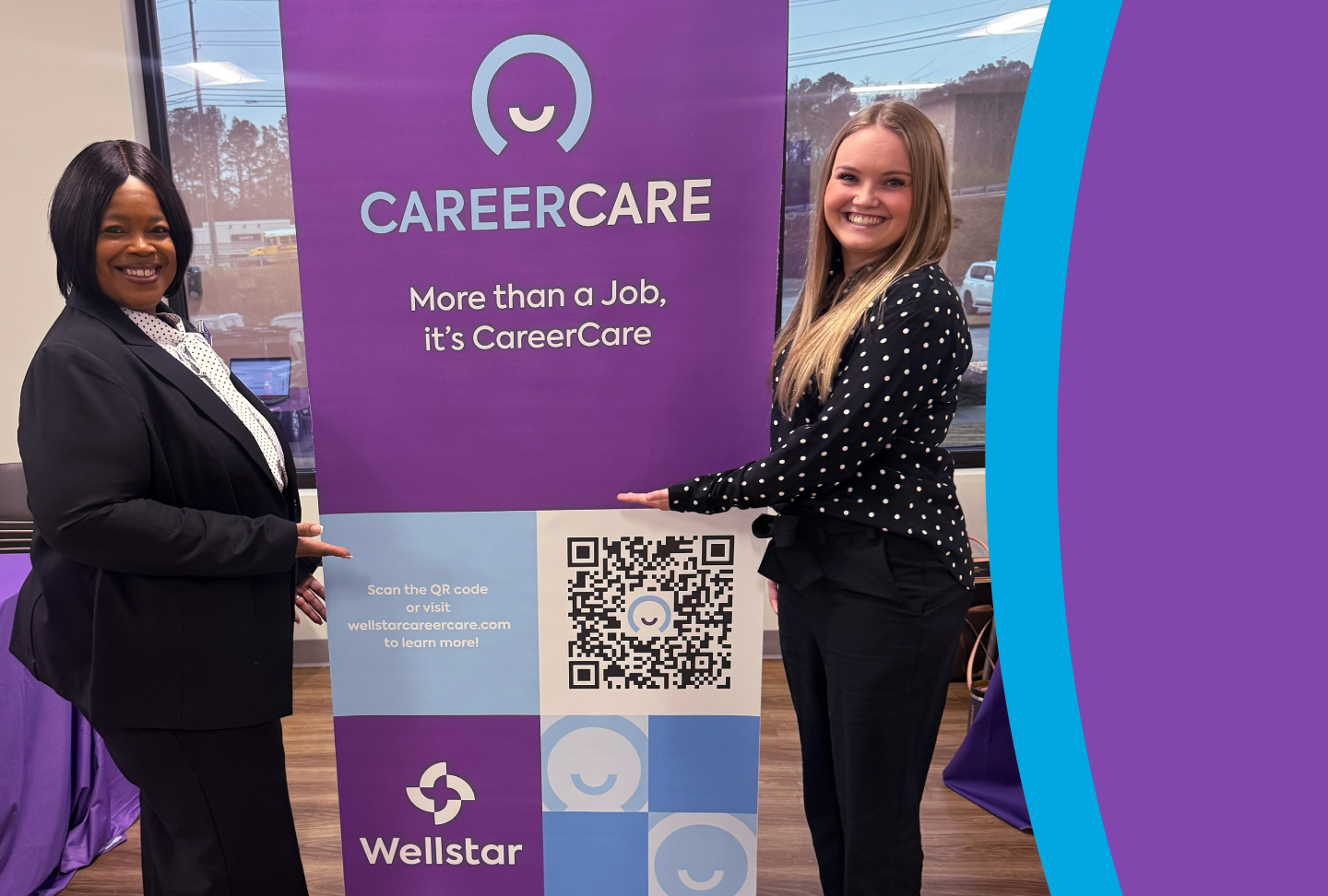The good news is a great deal of this innovation has intersected with health and healthcare in ways that – despite not being best-known for chasing technology and innovation – now puts healthcare providers in an enviable position to design and nurture a new ecosystem of well-being where we can effectively care for people in and outside the walls of our healthcare facilities, wherever and whenever they need it.
There’s no disputing that the pandemic turned the global health delivery system upside down. While some mistakes and systemic deficiencies revealed themselves, the crisis also shined an inspiring spotlight on countless instances of heroism and sacrifice.
It’s these lessons learned amidst the turmoil that today gives the healthcare community the opportunity and responsibility to rethink assumptions and establish new ways of working by coming together to care for people both in sickness and in health.
Watch Dr. Capps discuss the evolution of healthcare delivery models.
How do we get there?
As with leading any dramatic shift, it starts with the right vision. The move toward a post-pandemic world creates opportunities to harness hope and optimism to create a digital healthcare future that we’ve yet to imagine. As the industry finds itself in the midst of rapidly moving technological innovation, physicians and other caregivers have the rare opportunity to embrace and learn from a permanently altered landscape to create purposeful innovation and inspired experiences for consumers.
Referring to patients as consumers and placing healthcare in a consumerism framework is another sign of the new care ecosystem. Consumers are beginning to respond to healthcare technology and innovation in the same way as their favorite consumer brands, whether that be shoes, fast food, or mobile devices. The result of this new reality is an imperative to deliver inspired, memorable experiences.
Click here to watch Dr. Capps speak on inspired healthcare experiences.
Healthcare is a very personal experience, which opens the door for caregivers and consumers to embrace innovation and technology as a means to enhance empathetic care.
To help create the best health ecosystems grounded in inspired experiences, Wellstar launched a global digital health and innovation center in May 2021 called Catalyst by Wellstar, and as a part of this effort we’re rolling out a new digital community called Catalyst Voice where we invite you to help design the future of healthcare.
Hear Dr. Capps speak on the launch of Catalyst Voice.
Our process involves talking with and listening to patients, consumers, entrepreneurs, and partners to identify areas of focus and to bring forward new capabilities that deliver solutions for how patients and consumers want their healthcare delivered. We’re investing in creating an experience for people as they collaborate with Wellstar to design the future of care.
To further fuel Catalyst Voice, Wellstar is also engaging directly with the communities we serve and with corporate partners like Delta, Home Depot, Georgia Pacific, and others to positively impact well-being, health equity and more.
Watch Dr. Capps discuss purposeful innovation.
Wellstar is taking a next-generational leap by pulling from what we’ve learned from traditional engagement mechanisms to ultimately give patients a true voice in this new design process… in a fraction of the time it once took. It’s an exciting time and a moment of significant disruption and positive change for everyone impacted by healthcare – which is everyone.
The entire health community is entering new territory, and Wellstar is proud to be a leader in creating a roadmap to this new future. Moving in that direction requires a new way of thinking and a commitment to continuing to innovate every day.
We invite you to join Catalyst Voice and help shape the future of healthcare by clicking here.




